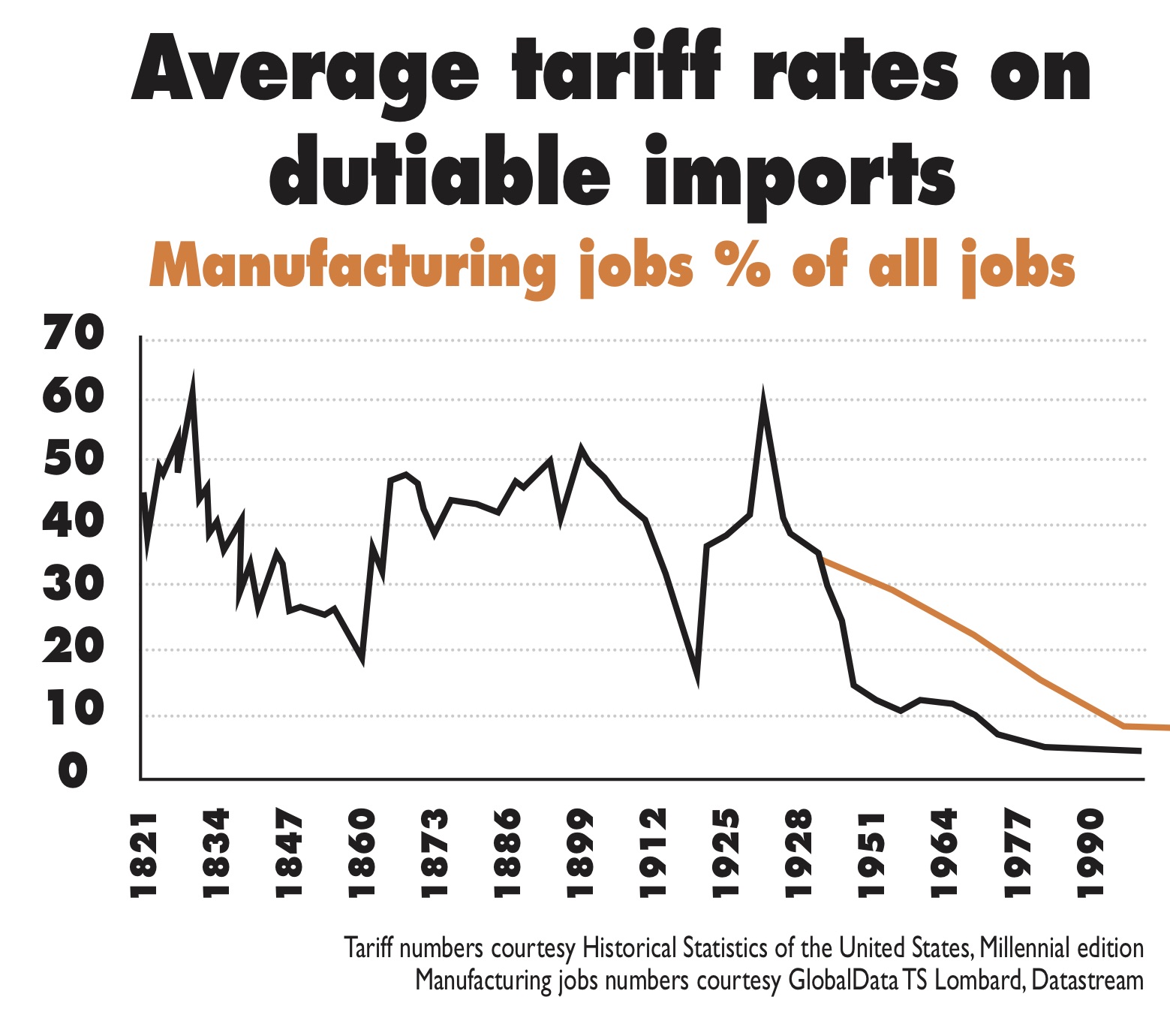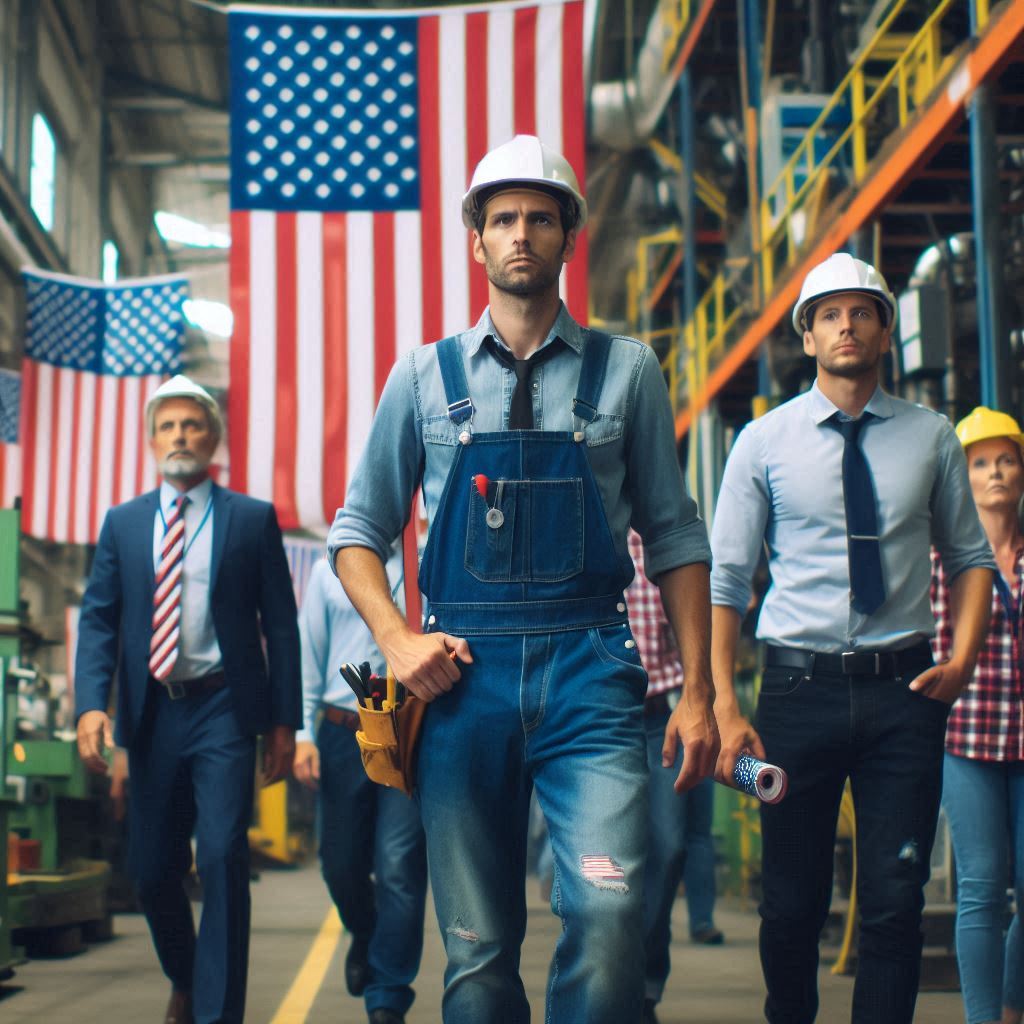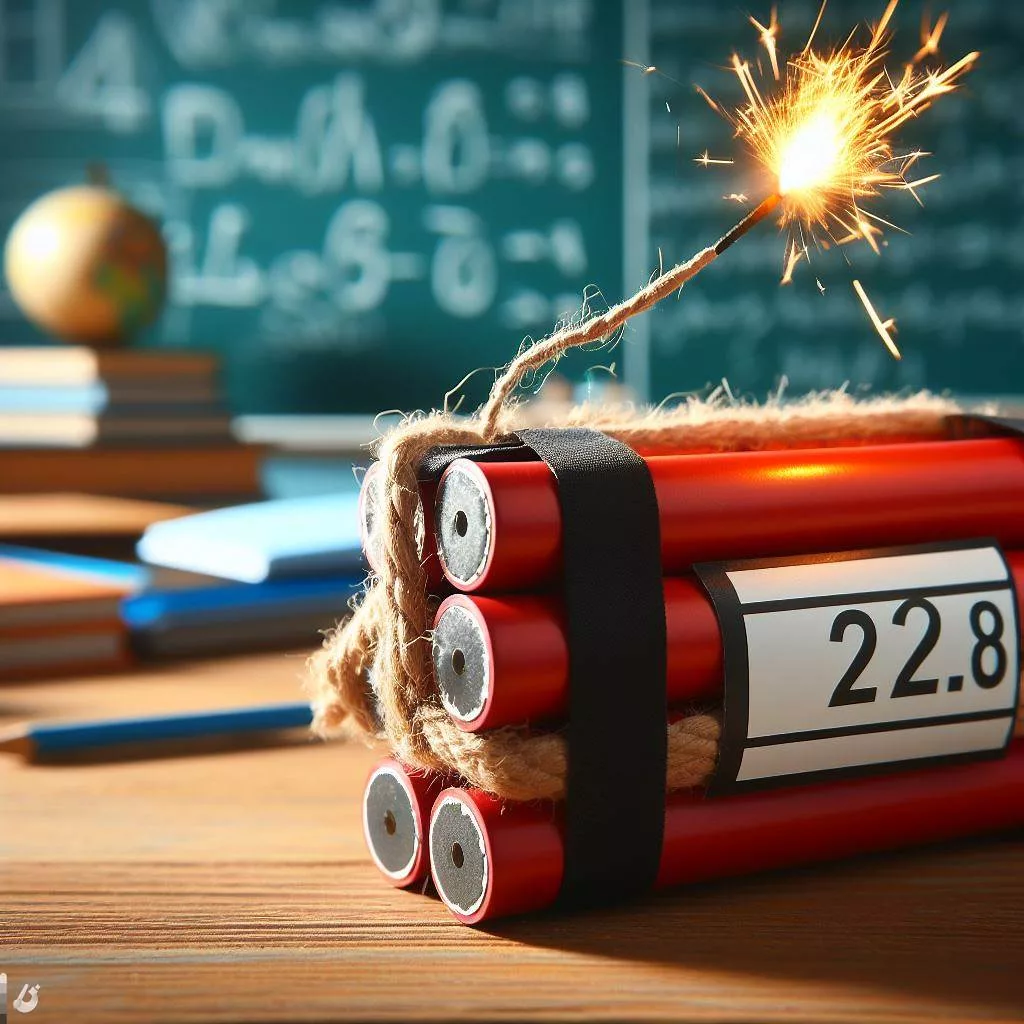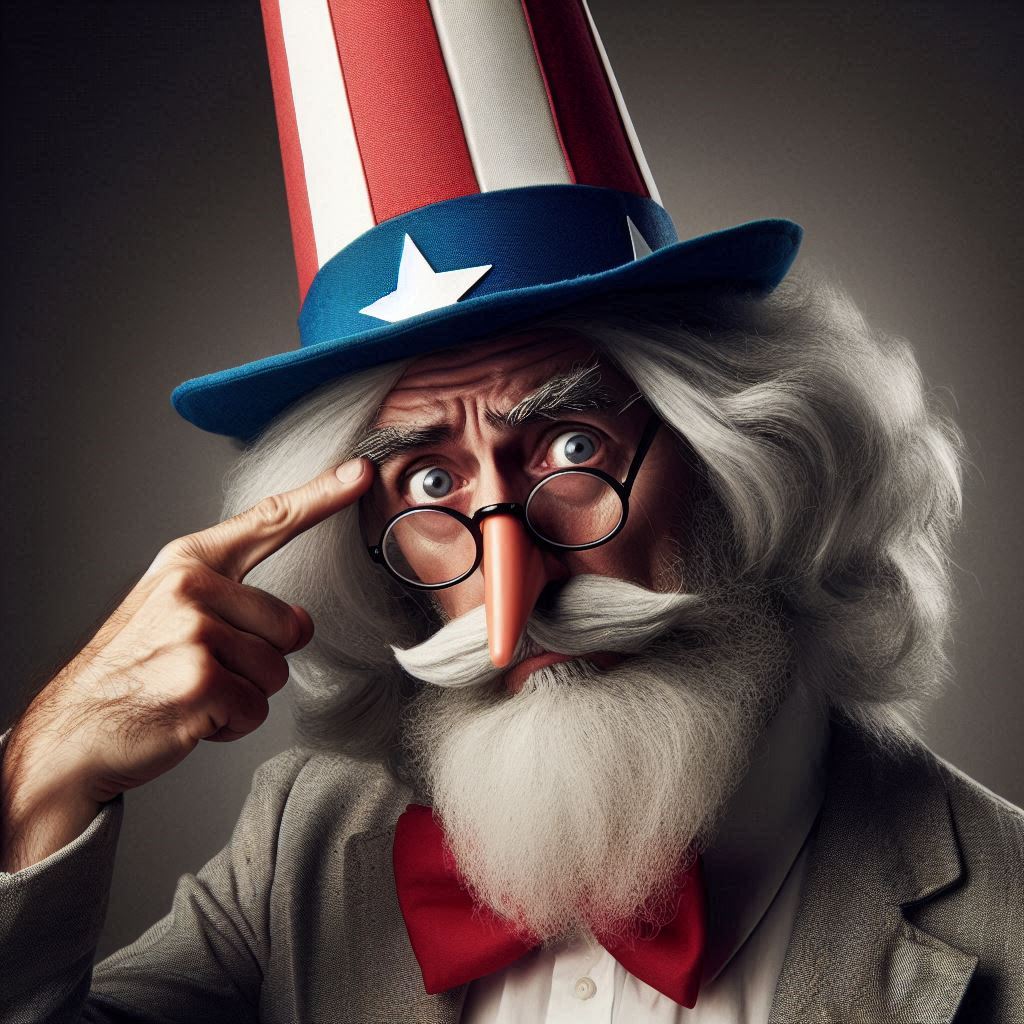Agriculture is the lifeblood of Southwest Kansas and the Oklahoma panhandle. One way or another, we all pay our bills because of a tie to the land.
It’s really not that hard to determine. Our largest employer is National Beef. You can’t get more agricultural than raising cattle and crops for cattle, and then processing the beef to be shipped around the nation as well as abroad.

We grow other grains as well, and we have formed a service economy around agriculture and energy production.
Seward County is currently in discussion with those interested in wind farming. It’s a double edged sword, and while the leadership weighs the benefits vs. the liabilities, it is a sign of the ongoing connection between our natural resources and the people who call this place home.
Like many other products, our ag exports are in the cross hairs of the ongoing tariff war that America has been losing for more than 50 years.
And yes, we have been losing the war.
Data shows the United States has reduced tariffs charged on goods coming in to the country as well as the decrease in manufacturing jobs.
Some say correlation does not mean causation, but it is crystal clear that as we have reduced tariffs on foreign goods sold in the United States, we have lost manufacturing jobs.
Manufacturing in 1948 equated in to one of every three jobs in the country. Today it is less than one in 10 jobs.
As those jobs left the United States and headed to other nations of industry, the trade deficit also rose to match it.
Since 1990, our annual trade deficit has skyrocketed from less than $200 billion to more than $1.4 trillion today.
How is it that the world wanted and needed American goods around the world and today less than 10 percent of our workforce is engaged in manufacturing a product of any kind?
Tariffs.
Let’s go further back to the founding of America.
Most nations wanted the raw materials the eastern seashore had to offer. From timber to tobacco, Americans shipped logs and leaves around the world.
America also sent the raw materials needed to make clothing, and British textile mills had the machinery to produce clothing at surprisingly cheap rates.
In America, clothing was made by hand, and the excessive labor made it impossible for the local clothiers to compete.
To solve this disparity, the United States placed a tariff on foreign clothing sold in the United States. While that made clothing more expensive for a time, it also allowed the textile industry to invest in itself, create the machinery, and compete on the global market.
Fast forward that same concept to the world today.
While America industrialized and dominated the global markets throughout the 1800s and early 1900s, other nations could not compete with the American worker.
So, many of them introduced tariffs.
At the same time, the United States was lowering foreign tariffs, making it easier and cheaper for foreign goods to glut the American marketplace.
It didn’t happen overnight, but steadily manufacturing started to decline in the United States, and the largest transfer of wealth form the United States to China and other parts of the world began. We were literally funding the industrialization of third world nations like China.
Where the United States took generations to move from a pre-industrial economy to a heavy manufacturing nation, China did it basically overnight, with American dollars fueling the advancement.
Other nations profited form tariffs on American products that also helped their industries catch up.
The concept of free trade, where nations are free to openly trade with one another, is obscured by tariffs.
American producers and investors simply relocated their industrial plants to other nations to avoid paying tariffs but also to benefit from cheaper foreign labor, displacing American workers and driving manufacturing out of the United States.
The goal was to create a service economy, and after 50 years it has been a complete and utter failure. America cannot survive on simply servicing one another and not producing goods.
This process took half a century to create and it won’t be reversed overnight.
But if we do not start the process by increasing our tariff rates, the United States will not be able to sustain its current quality of life as it reverses industrialization and heads back to third world status, dependent on other nations for the products needed to survive.
Hopefully other nations will reduce their rates, and we can get back to balance. Until then we will have to bear the burden of saving our country by supporting American workers.
Earl Watt is the owner and publisher of the Leader & Times in Liberal, Kansas. Watt started his career in journalism in 1991 at the Southwest Daily Times. During his career, the newspaper has won a total of 17 Sweepstakes awards from the Kansas Press Association for editorial content and 18 Sweepstakes awards for advertising. Watt has been recognized with more than 70 first place awards for writing in categories from sports and column to best front pages, best sports pages and best opinion pages. Watt is a member of the Sons of the American Revolution and is the descendant of several patriots who fought for America's freedom and independence.





